Reducing and Diverting Plastic Waste in Bio-Medical Laboratories and Facilities
September 26th and October 3rd, 2024 | 1:30 - 3:00 PM ET
The controversy around plastic waste – particularly single use plastic – and its impact on the environment and human health remains a topical issue in our world. Though there are alternative material options to use for certain kinds of packaging, such as for food and beverages, for example, applications in the medical and bio pharmaceutical industries have yet to see an alternative that meets the performance and consistency requirements required. Furthermore, as we have learned with COVID-19, it is critical that biopharmaceutical companies are able to get a drug to market quickly and effectively, and plastic enables that speed and safety.
We will hear from players across the value chain in the life sciences industry about the challenges in tackling the reduction and diversion of plastic waste from landfills or incineration. We will explore opportunities to build a circular infrastructure for a myriad of plastic waste streams, from products to packaging, with a wide range of polymers, inherent to the life sciences industry
These discussions are particularly pertinent in the context of climate change and net-zero goals. The production and disposal of plastics contributes significantly to greenhouse gas emissions, and addressing these challenges is essential for reducing the environmental footprint of the life sciences sector. By focusing on innovative solutions and collaborative efforts, we can work towards a more sustainable future that aligns with global climate targets.
In collaboration with MassRecycle
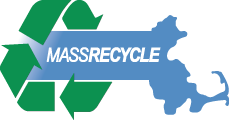
Thank You to Our Presenting Sponsor:
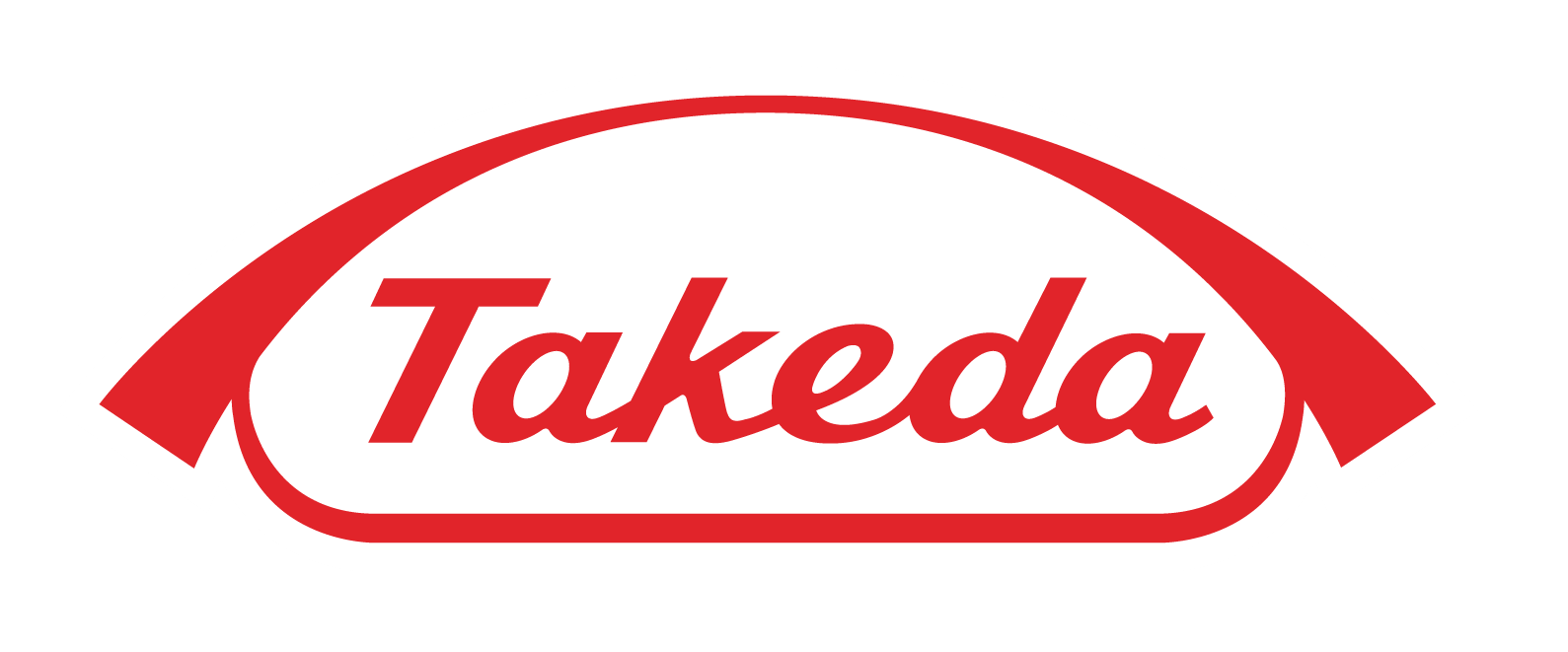
These webinars are Free and open to both NERC Members and Non-Members!
Registration will register you for both webinars
Challenges and Opportunities in Biopharma and Hospitals
September 26th, 2024 | 1:30 - 3:00 PM ET
Meet our Moderator and Speakers:
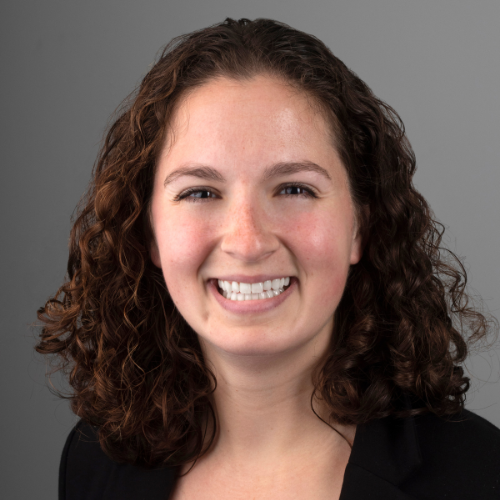
Avery Palardy, Climate & Sustainability Director, Beth Israel Deaconess Medical Center (BIDMC).
Avery leads the hospital in their environmental sustainability goals and strategic commitments through collaboration across multiple departments, including facilities, food service, supply chain, support services, communications, and clinical groups. Her role is focused on minimizing the environmental and public health impact of all hospital activities, while ensuring that financial incentives align with the delivery of extraordinary and compassionate patient care. She has been leading the award winning sustainability program at the academic medical center for over five years.
Prior to joining BIDMC, Avery served as an Employee Engagement Strategist at WeSpire. In this role, she advised Fortune 500 enterprises on creating, implementing, and tracking towards their Environmental, Social, and Governance (ESG) goals. Avery previously was a project manager for the Climate Change Consensus Report for Climate Ready Boston report that included a citywide climate change vulnerability assessment, updated climate projects, and an outline of strategies to address climate impacts.
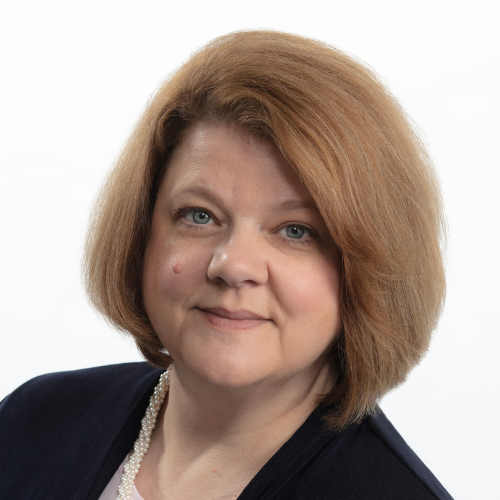
Jacqueline Hollands, Global Manager of Product Recycling and Innovation, Life Science Business, MilliporeSigma
Jacqueline (Jacquie) Ignacio Hollands leads and develops initiatives and programs that meet the sustainability needs for the customers of MilliporeSigma’s Life Science Business. Hollands joined the company in 2011.
During her tenure, Hollands has implemented industry-leading product recycling options, such as the Biopharma Single-Use Product Recycling Program and the ech2o™ Lab Water Cartridge Recycling Program. Currently, she is working on the next generation of recycling options that improve operating efficiency and profitability while reducing MillipporeSigma’s environmental footprint and that of its customers.
With 20-plus years of experience within the life science industry, Hollands is known for her ability to communicate complex technical information clearly and effectively regardless of the audience’s scientific knowledge. She has been featured in American Recycler, BioProcess International, BioPharmaReporter, Labcompare, Launch Bio, Plastics Recycling Update, and PlastVerabeiter,
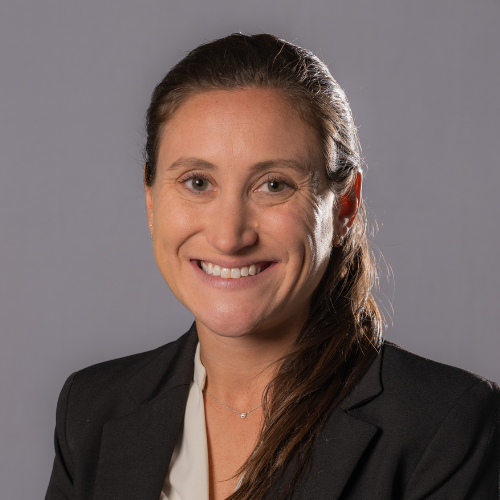
Laura Cappellucci, Global Sustainability Lead, Takeda Pharmaceuticals/BioLife Plasma Services
Laura Cappellucci is the Global Sustainability Lead for BioLife Plasma Services, part of Takeda, a global biopharmaceutical company. Laura leads the design and implementation of programs to help achieve Takeda’s environmental sustainability targets of net-zero greenhouse gas emissions and zero waste-to-landfill across BioLife’s global territory of plasma donation centers and testing laboratories. With over 10 years of experience in the clean energy and sustainability sectors, Laura has worked for BlueWave Solar, providing accessible solar options for households and businesses across the U.S.; PowerGen Renewable Energy, electrifying East Africa through solar microgrids; and National Grid, deploying gas and electricity efficiency programs across New York.
Laura earned her MBA with a focus on Sustainability from the Massachusetts Institute of Technology Sloan School of Management and holds a Bachelor’s Degree in Environmental Studies from Skidmore College.
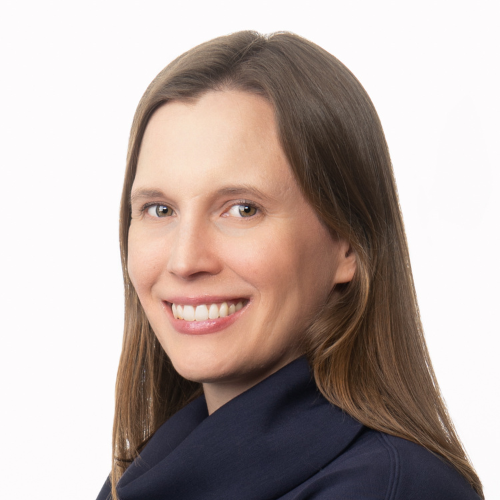
Sarah Dowdall, Program Director, Corning Life Sciences
Sarah Dowdall is a Program Director overseeing sustainability programs for both the life sciences and pharmaceutical segments of Corning Life Sciences. In this role, Sarah works cross-functionally with internal teams and Corning customers to understand sustainability trends and market needs. Under Sarah’s leadership, Corning has implemented several industry specific sustainability programs including Corning® Viridian® Vials, in support of pharmaceutical industry emissions reduction goals, as well as Corning EcoChoice™ and recycling take back programs to support more environmentally solutions for laboratories. Sarah was previously the Director of Strategy for Corning Life Sciences and prior to joining Corning spent many years at Eli Lilly and company, serving in roles across Finance, Sales, Marketing and Corporate Strategy.
Sarah holds a BBA from the University of Michigan – Ross School of Business and MBA from Harvard Business School and lives with her family in beautiful Corning, NY.
Diverse Solutions to Meet the Supply of Bio-Med Plastic Waste
October 3rd, 2024 | 1:30 - 3:00 PM ET
Meet our Speakers:
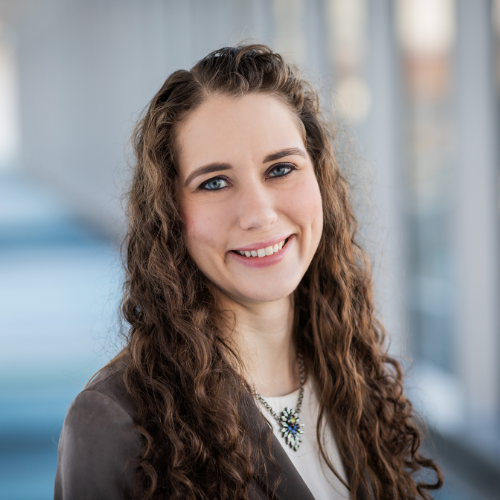
Katherine Hofmann, Sustainability Manager, Eastman Chemical Company
Katherine Hofmann, PhD, joined Eastman in 2012 as part of the Polymers Technology Division working in front end research, product development, and applications development. During this time, she helped launch Tritan Renew, Eastman’s first molecularly recycled material, and leveraged her expertise in ISCC+ certification to assist customers across multiple industries to successfully achieve certification. In the summer of 2022, Katherine joined Eastman’s corporate sustainability team as a Sustainability Strategic Initiatives Manager partnering Eastman’s Plastics and Circular businesses. In her current role, Katherine helps drive sustainability efforts and strategy within the organization as well as helps advance the adoption of molecular recycling externally with customers and across the value chain. Katherine actively invests in the medical plastics community through education and project leadership in organizations such as Kilmer Innovations in Packaging (KiiP) and the Healthcare Plastics Recycling Council (HPRC) where she also participates in the executive committee.
Speaker To Be Announced
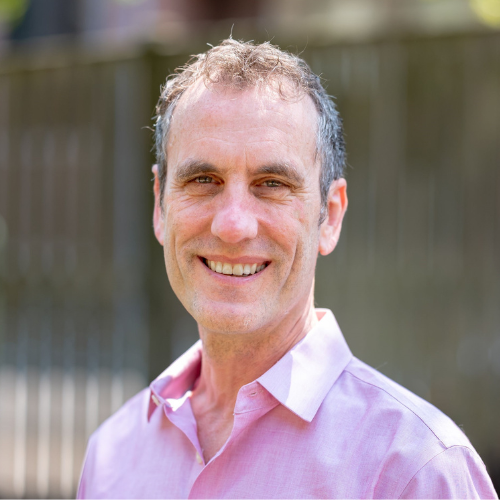
Same White, CEO, GreenLabs Recycling
Sam White is CEO of GreenLabs Recycling. GreenLabs locally manufactures lab products using recycled plastic collected from biotechs.
Sam also co-founded Promethean Power Systems in 2007 and Greentown Labs in 2010 and Nano-Ice in 2013. Promethean Power is a thermal storage technology start-up that is currently enabling over 90,000 farmers in India to cold store their milk and get it to the market safely without diesel generators. Greentown Labs has become the largest climate-tech incubator in the US with 140 cleantech start-ups sharing wet labs and machine shops in Somerville and Houston.
Nano-Ice is a wearable cooling technology.
He is the recipient of a few awards such as the Boston Globe’s Innovator of the year and the World Economic Forum Tech Pioneer.
© 2024 All Rights Reserved | Northeast Recycling Council | Privacy Statement | This site is powered by Neon One


